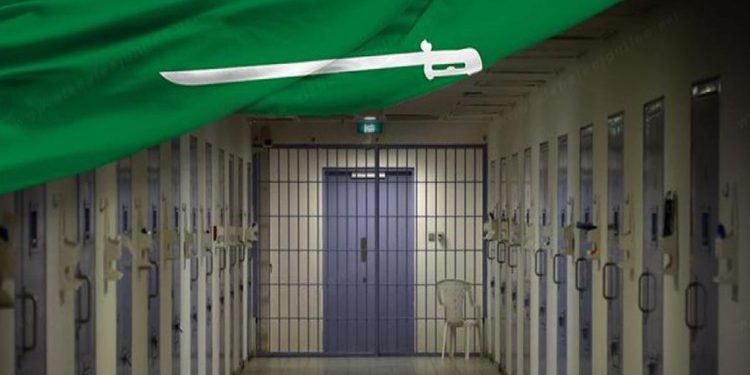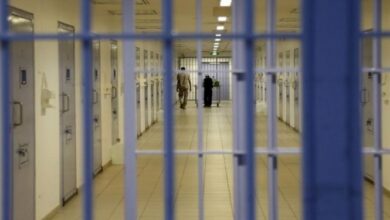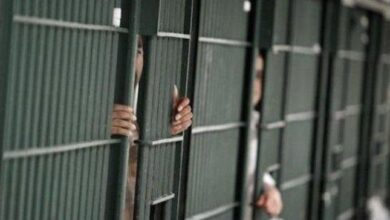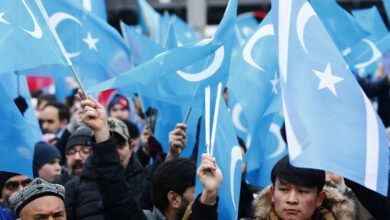Human rights groups call to empty Saudi prisons of minor detainees

Amnesty International has supported the emptying of minor detainees in Saudi prisons and the release of those who were arbitrarily detained as children.
Amnesty International highlighted the Saudi authorities’ release of Ali Al-Nimr, “concluding a 10-year tragedy after the Saudi authorities arrested him when he was a child on charges of protesting.”
The organization stated that “Throughout this time, the sword was tied to the neck of Ali al-Nimr after he was sentenced to death in a grossly unfair trial before the death penalty for minors was abolished.”
It pointed out that “Sadiqi Ali al-Nimr, Daoud al-Marhoon and Abdullah al-Zahir, are still in prison, serving a very harsh 10-year sentence. We will not stop fighting for them!”
A video clip showing the young Ali Al-Nimr embracing his mother after his release received widespread sympathy on social media, as he left her as a child and returned to her as a young man.
Yesterday, the father of Ali al-Nimr, whose death sentence was commuted to ten years in prison under recently approved legislative reforms, announced that the Saudi authorities had released his son.
Ali al-Nimr, the nephew of prominent Shiite cleric Nimr al-Nimr whose 2016 execution led to protests in Saudi Arabia and Iran, was 17 when he was arrested in February 2012 for participating in protests in the kingdom’s Eastern Province.
“Today, October 27, 2021, the son of Ali al-Nimr was released,” Ali’s father, Muhammad al-Nimr, said in a series of tweets in which he thanked friends and family for their support during the difficult decade.
Jaafar al-Nimr, Ali’s uncle, also tweeted the news of his nephew’s release with a picture of Ali looking grinning and exhausted in the back seat of a car.
In February, the Saudi Human Rights Commission said that the death sentences imposed on Ali al-Nimr, Daoud al-Marhoon and Abdullah al-Zahir, who were 17 and 15 when they were arrested, had been commuted to 10 years in prison.
The Saudi Public Prosecutor had ordered a review of the death sentences issued against the three young men following a royal decree in 2019 to abolish the reinforcement of death sentences to perpetrators of minor crimes and instead place them in juvenile detention centres for a period of up to ten years.
In March, United Nations human rights experts called for the release of the three young men, citing allegations of torture and unfair trials.
“Our thoughts are with Ali and his family, who have waited for this day, for so many years, for fear of being executed at any moment,” said Maya Foa, director of the anti-death penalty charity Reprieve which has worked on the tiger’s case for several years.
It added, “We are delighted with Ali’s release, although he should never be imprisoned as long as his ‘only crime’ is attending protests to demand democratic rights.”
The kingdom’s human rights record has come under increasing scrutiny by the United Nations and the West since the killing of Saudi journalist Jamal Khashoggi in 2018 at the kingdom’s consulate in Istanbul and the arrest of women’s rights activists in 2019.





